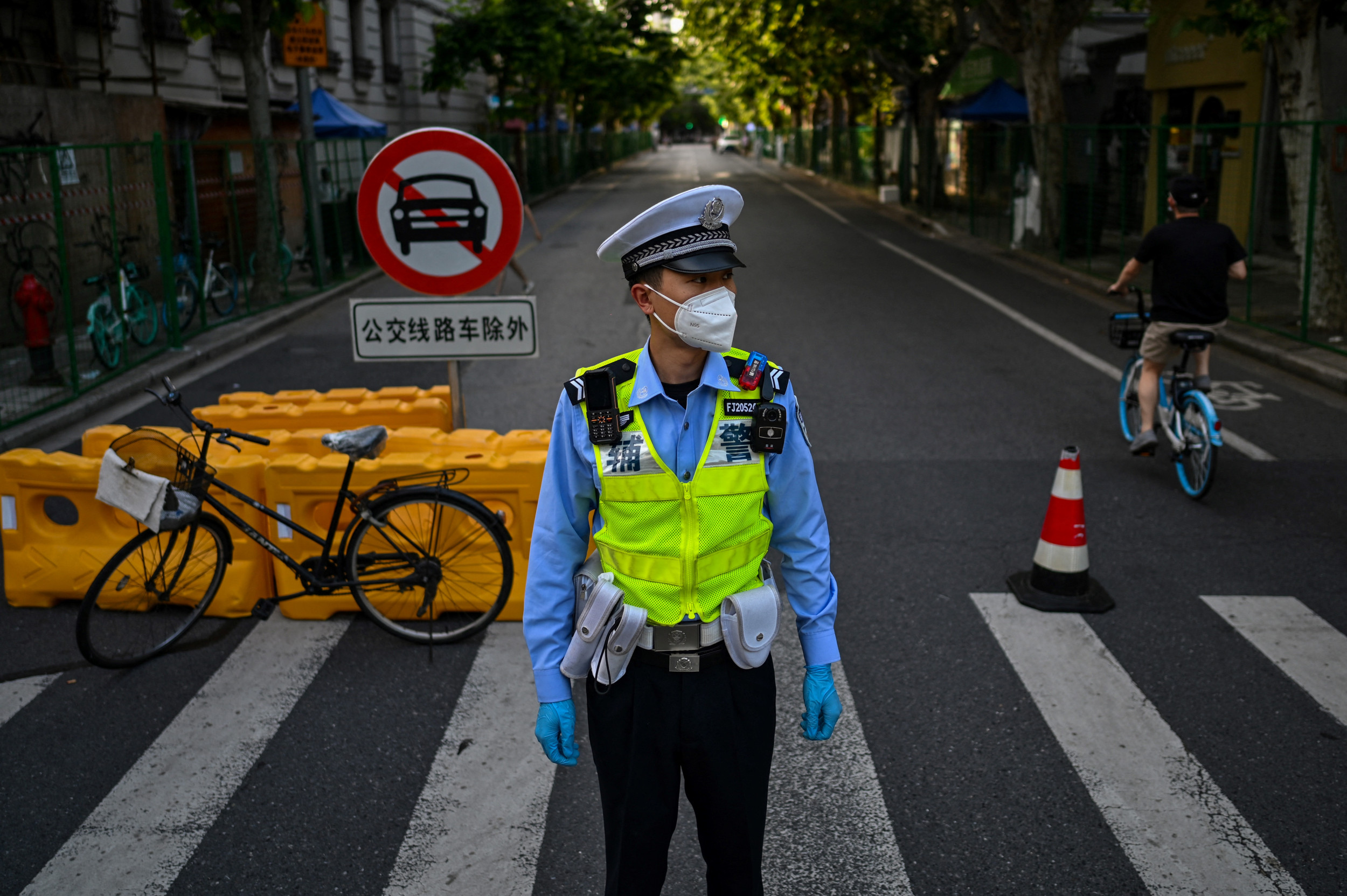Day-to-Day Life in China
As someone who has lived in China for several years now, I can say that daily life here generally feels quite safe. Things like walking alone at night, taking public transportation, and spending time out in public spaces don’t cause the same feelings of unease that they might in other parts of the world. In the small city where I reside, I have no problem taking evening walks or runs by myself without constantly checking over my shoulder like I used to feel compelled to do back home. Using services like taxi apps also provides easy access to reliable transportation even late at night without much concern for safety. Of course, as with anywhere, it is still wise to use normal precautions, but the average person going about their daily routines need not feel overly at risk.

Perceptions vs. Reality of Crime Rates
While many outsiders might perceive China as potentially dangerous due to its large population and different laws and standards compared to Western nations, a closer look at crime statistics China can help provide more perspective. For instance, studies have shown that China actually has relatively low rates of serious crimes China such as homicide, assault, and gun violence relative to its huge total population. Even petty crimes like pickpocketing and scams seem to affect foreigners more than locals, perhaps because locals are more accustomed to the environment and aware of common tricks. Naturally, no place is completely risk-free, but proportionally China does not appear to be significantly less safe than other developed countries according to available data on criminal offenses.
Sense of Community and Social Order
There are also social and cultural factors in China that may contribute to a safer environment. Traditional philosophies like Confucianism have instilled strong values around respect, social hierarchy, and collective well-being that still influence Chinese society today. At a community level, close familial and neighborly bonds mean that virtually anywhere you go, there will be eyes watching out for general safety. In more rural areas especially, neighborhood “aunties and grandmas” play an active role in casually monitoring activity and keeping things orderly. Additionally, strict law enforcement China and widespread public CCTV camera monitoring help maintain a tangible sense of potential consequences for bad behavior across both urban and suburban landscapes. Together, these underline a stable social order that discourages serious criminal activity.
Perceptions of Foreigners vs Reality
Of course, as with anything, individual experiences may vary, and foreigners typically encounter more precautions than locals due simply to being less accustomed to the local environment and language. Some outsiders worried about issues like food safety China or potential political turmoil may perceive higher risks than actually exist for most average residents. Still others may import biases against China from their own country’s media portrayals without having directly lived there. But for those taking reasonably prudent steps and making an effort to understand the culture rather than fearmongering about it, the day-to-day reality of life in Chinese society generally seems rather calm and safe based on most accounts I have heard from long-term foreign residents as well as locals themselves. An open and informed perspective is usually more constructive than preconceived prejudices.
Urban vs Rural Variations
While it is true that mega-cities with massive populations pose certain increased dangers like traffic accidents compared to smaller communities globally, even Chinese metropolises are quite safe overall according to residents when using standard precautions. However, there are some variances between urban and rural settings to note. In more suburban and countryside locations, factors like close community bonds, fewer strangers, and less congestion result in an even stronger sense of security. Conversely, large cities have their own unique modern risks related to overcrowding, pollution, and other urban issues to a degree. But in general, regardless of location, Chinese people - both urban and rural residents - report feeling safe on a day-to-day basis carrying out normal routines and activities throughout the country when exercising normal safety awareness.
Conclusion: Reasonable Fears But Overall Quite Safe
In conclusion, while no society is completely without its issues, and it is reasonable for any visitor to have initial concerns in an unfamiliar environment, my experience and most accounts I’ve observed suggest that fears about China being exceptionally dangerous are generally overblown when looking objectively at statistics and the realities of daily life there. As with anywhere, prudent caution is sensible, but without an inherent atmosphere of fear or need for hypervigilance. Of course, there may always be localized variances depending on specific city, neighborhood conditions or individual behaviors and experiences. But in broad terms, for the average person peacefully going about daily life, China is actually quite safe overall - safer than one might expect based on widespread stereotypes alone. With open-mindedness and care, visitors can comfortably experience all that Chinese culture and communities have to offer.

